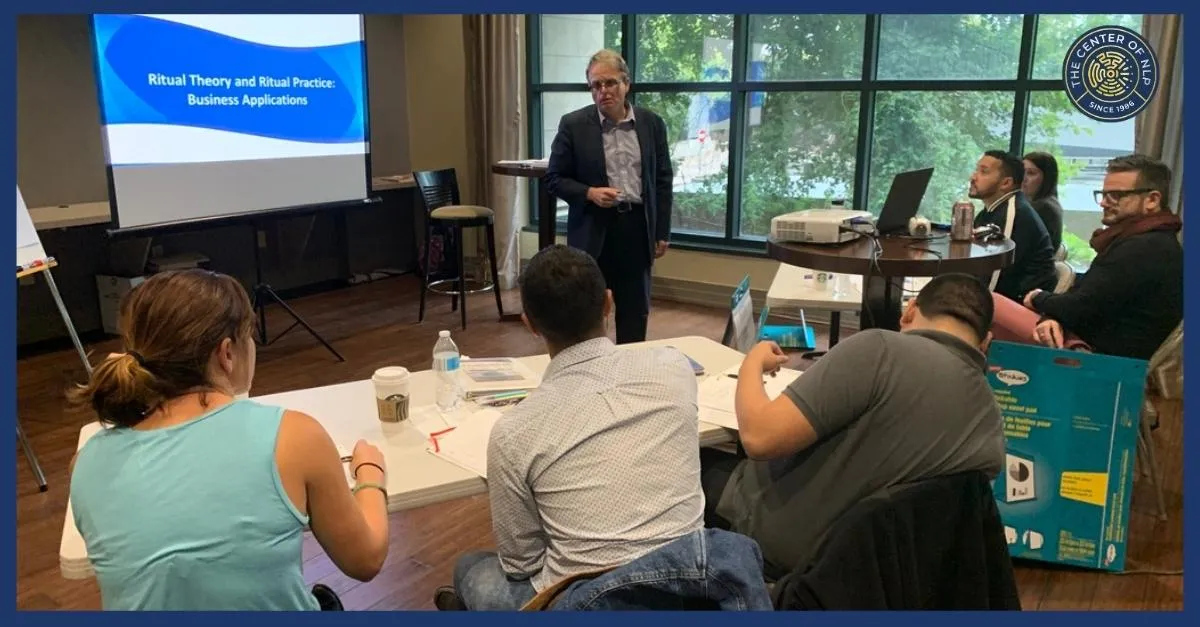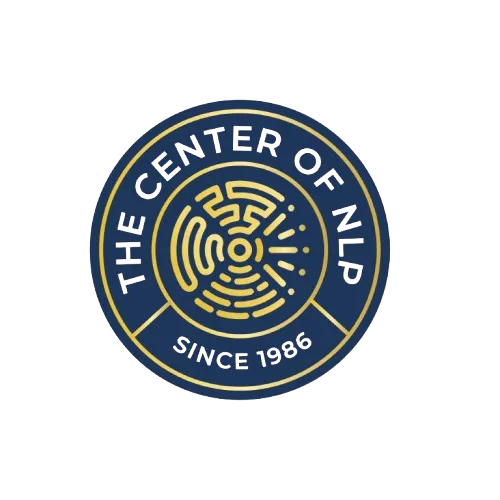
NLP Training for Speakers: A Complete Guide
Neuro-Linguistic Programming, or NLP, is a powerful set of tools and techniques that can be a game-changer for speakers and communicators. Whether you're a professional public speaker, an aspiring toastmaster, or simply someone looking to improve your communication skills, NLP training can help you unlock your full potential. In this comprehensive guide, we'll delve into the world of NLP Training for Speakers and explore how it can enhance your speaking abilities.
Introduction to Neuro Linguistic Programming (NLP)
Neuro-Linguistic Programming, often abbreviated as NLP, is a dynamic and versatile approach to personal development, communication, and behavior. It was developed in the 1970s by Richard Bandler and John Grinder, who sought to understand the patterns of excellence in communication and human behavior. NLP is based on the idea that our thoughts, language, and behavior are interconnected and can be consciously modified to achieve desired outcomes.
NLP operates on the premise that by studying the strategies and behaviors of successful individuals, we can model their success and apply it to our own lives. It incorporates elements of neurology (how we think and process information), linguistics (how we use language to communicate), and programming (how we structure our behaviors to achieve our goals).
NLP Training for Speakers
NLP training for speakers is a specialized application of NLP techniques and principles that focuses on improving speaking and communication skills. Whether you're a public speaker, a sales professional, a teacher, or someone who frequently interacts with others, NLP can offer valuable insights and strategies to enhance your effectiveness. Let's explore some of the key areas where NLP can make a significant impact on your speaking abilities.
Building Confidence
Confidence is a crucial aspect of effective speaking. NLP provides techniques to help individuals build and maintain confidence when speaking in public or one-on-one situations. By understanding and modifying the internal thought processes and beliefs that affect confidence, NLP can empower speakers to present themselves with self-assurance.
Overcoming Stage Fright
Stage fright, or the fear of public speaking, is a common obstacle for many individuals. NLP offers strategies to address this fear by reprogramming the subconscious mind and replacing anxiety with a more empowering and positive mental state. Techniques such as anchoring and reframing can be particularly effective in overcoming stage fright.
Explore Effective Communication Strategies with Us - Let's Talk!
Enhancing Communication Skills
NLP emphasizes the importance of effective communication, not just in what you say but also in how you say it. It provides tools for improving both verbal and non-verbal communication, including body language, tone of voice, and rapport-building skills. NLP techniques help speakers align their words and gestures to convey their message more persuasively and authentically.
Creating Compelling Presentations
NLP can assist speakers in crafting and delivering compelling presentations. By understanding the language patterns that engage and influence audiences, speakers can create content that resonates with their listeners. NLP also offers guidance on structuring presentations, storytelling, and using persuasive language.
Connecting with Your Audience
One of the fundamental principles of NLP is building rapport, the ability to connect with others on a deep and meaningful level. This is especially important for speakers who want to engage their audience and create a strong connection. NLP techniques can help speakers establish rapport quickly and maintain it throughout their presentation.
Handling Difficult Audiences
Encountering challenging or resistant audiences is not uncommon in public speaking. NLP equips speakers with techniques to adapt to different audience types, manage objections, and turn resistance into cooperation. This flexibility in communication is a valuable skill for any speaker.
SPEAK MORE NOW: https://centerofnlp.com/nlpspeakerbootcamp
Key Concepts and Techniques of NLP for Speakers
Now that we've covered the ways NLP can benefit speakers, let's delve into some key NLP concepts and techniques that are particularly relevant to improving speaking skills.
Anchoring
Anchoring is a powerful NLP technique that involves associating a specific state of mind or emotion with a physical gesture, touch, or sound. For speakers, this technique can be used to create positive anchors associated with confidence, relaxation, or focus. By triggering these anchors during a presentation, speakers can access the desired state of mind to enhance their performance.
Reframing
Reframing is the process of changing the way you perceive and interpret a situation. For speakers, this can be invaluable in shifting from a negative or anxious perspective to a more positive and constructive one. By reframing, speakers can turn challenges into opportunities and obstacles into stepping stones.
Sensory Acuity
Sensory acuity is the ability to pay close attention to the non-verbal cues and signals of others. Speakers can benefit from honing their sensory acuity to better understand their audience's reactions and adjust their communication accordingly. This skill allows speakers to be more responsive and adaptable during their presentations.
Milton Model and Meta Model
The Milton Model and Meta Model are language patterns used in NLP. The Milton Model consists of vague and ambiguous language patterns, which can be employed to induce trance-like states in the listener or stimulate creative thinking. The Meta Model, on the other hand, involves asking specific questions to clarify and challenge limiting beliefs or assumptions. These language patterns are valuable tools for speakers to influence and guide their audience effectively.
Outcome Frame
The outcome frame is a technique used to clarify and define specific goals and outcomes. For speakers, this involves setting clear intentions for their presentation. By using the outcome frame, speakers can articulate what they want to achieve, align their communication with their objectives, and ensure that their message is on track.
Pacing and Leading
Pacing and leading is a technique that involves first matching the audience's current state and then gradually guiding them toward a desired state. This technique is particularly useful for speakers who want to connect with their audience on a deep level and gradually introduce new ideas or perspectives without resistance.
Benefits of NLP Training for Speakers
NLP training for speakers offers a wide range of benefits that can transform your speaking abilities and overall communication skills. Here are some of the significant advantages:
Increased Confidence: NLP can help speakers overcome self-doubt and build unwavering confidence in their abilities to communicate effectively.
Improved Communication: By mastering NLP techniques, speakers can enhance their verbal and non-verbal communication, making their message more impactful and persuasive.
Reduced Anxiety: NLP provides strategies to conquer stage fright and manage nervousness, ensuring that speakers can present with poise and composure.
Enhanced Persuasion: Understanding the language patterns and rapport-building techniques of NLP can make speakers more persuasive and influential in their presentations.
Adaptability: NLP equips speakers with the tools to adapt to different audiences and handle challenging situations with ease.
Clarity of Message: The outcome frame and reframing techniques of NLP enable speakers to clarify their message and ensure that it resonates with their audience.
Emotional Resilience: NLP can help speakers develop emotional resilience, allowing them to maintain their focus and positivity even in the face of adversity.
Conclusion
Neuro-Linguistic Programming is a potent tool for speakers looking to enhance their communication abilities. By understanding and applying the key concepts and techniques of NLP, speakers can build confidence, conquer stage fright, connect with their audience, and create compelling presentations. NLP training offers a transformative journey for speakers, enabling them to unlock their full potential and become more effective and influential communicators.
If you're a speaker looking to elevate your skills and make a lasting impact, consider exploring NLP training. It may just be the missing piece of the puzzle that helps you reach new heights in your speaking career. So, why wait? Start your NLP journey today and experience the difference it can make in your speaking prowess.
Check Out For more:


